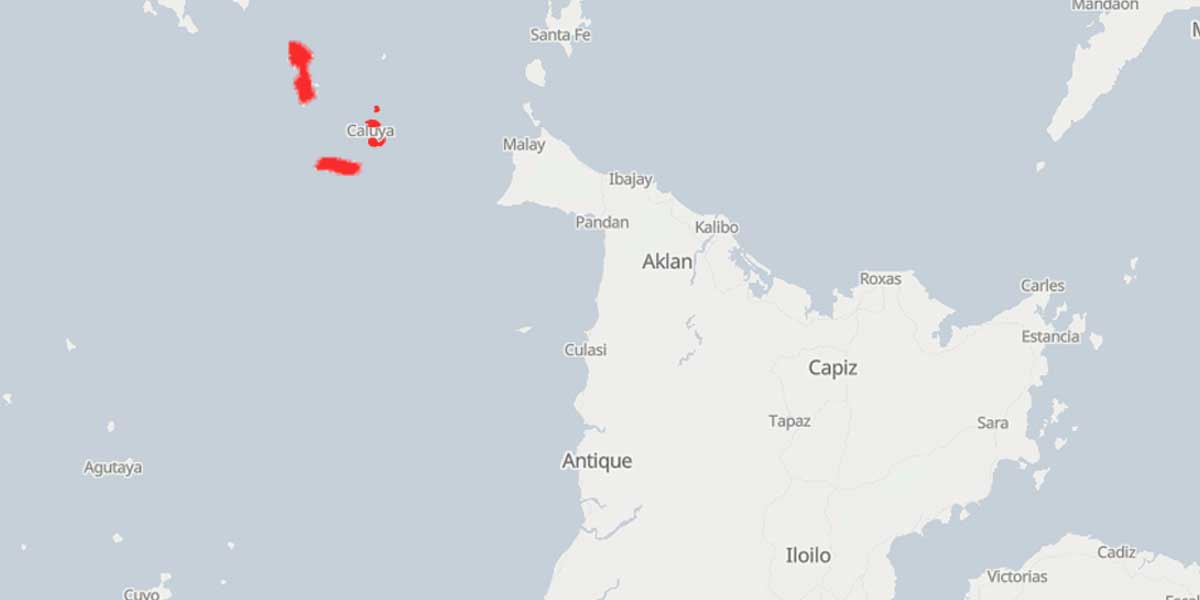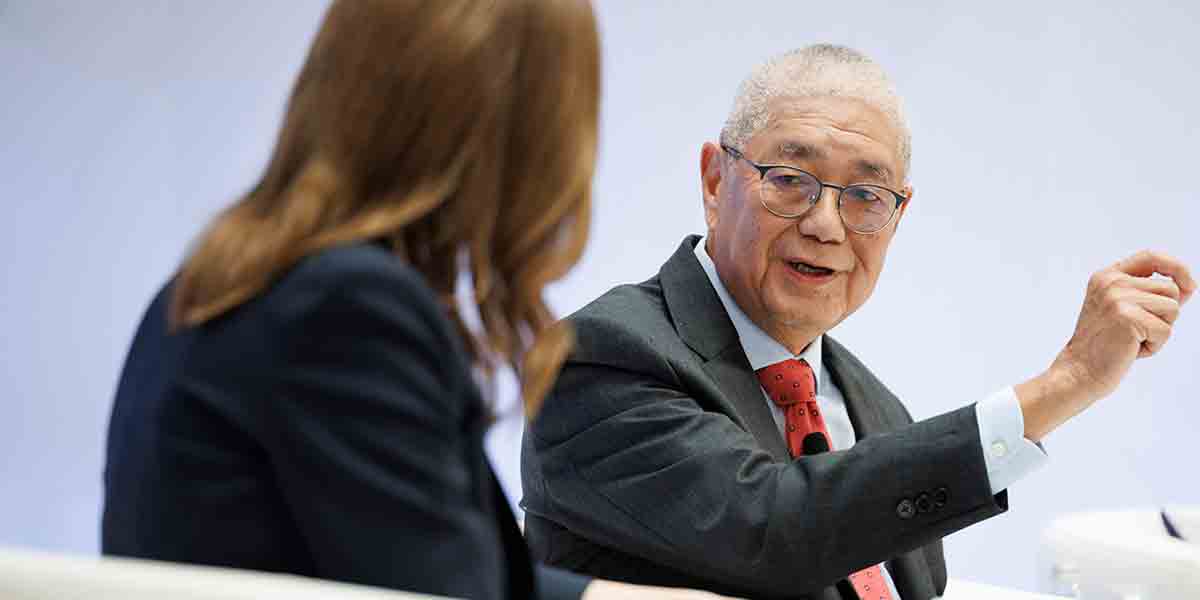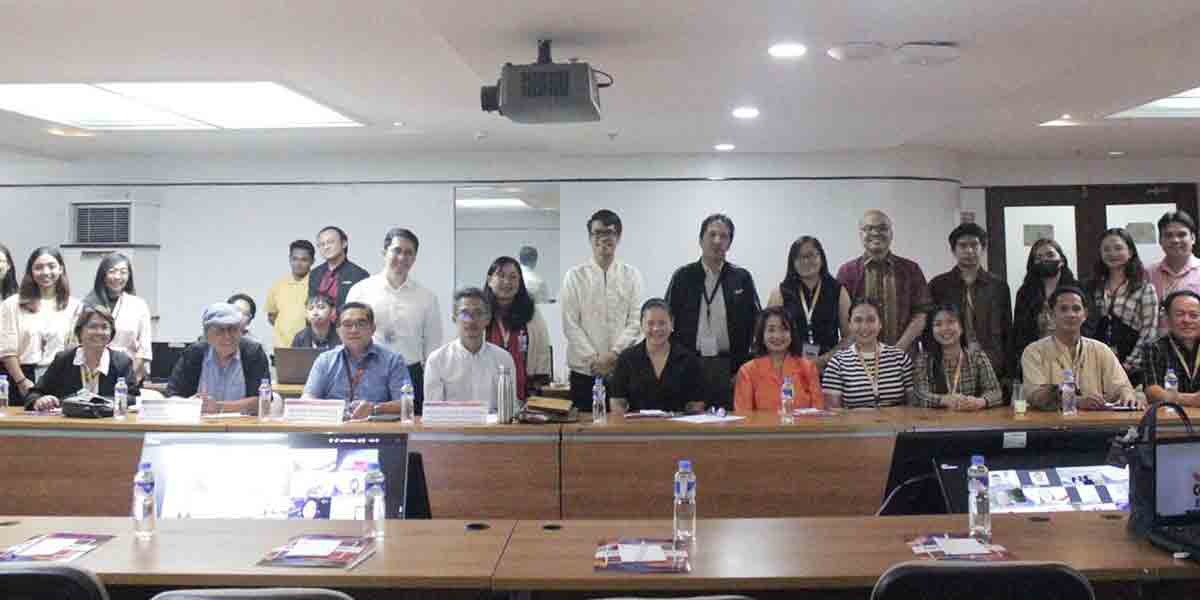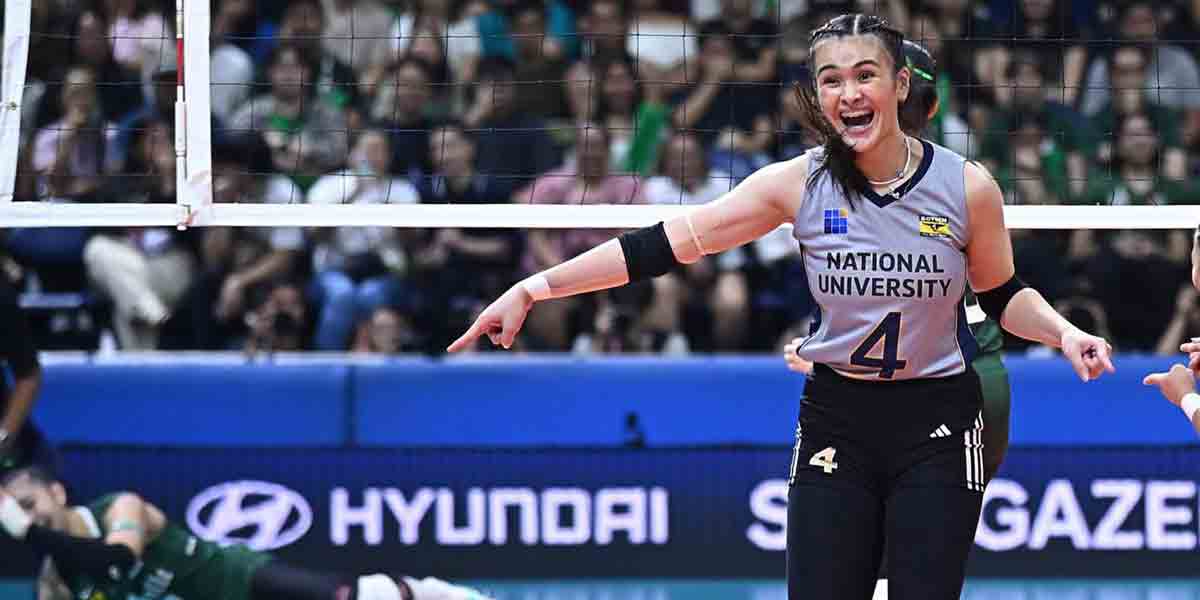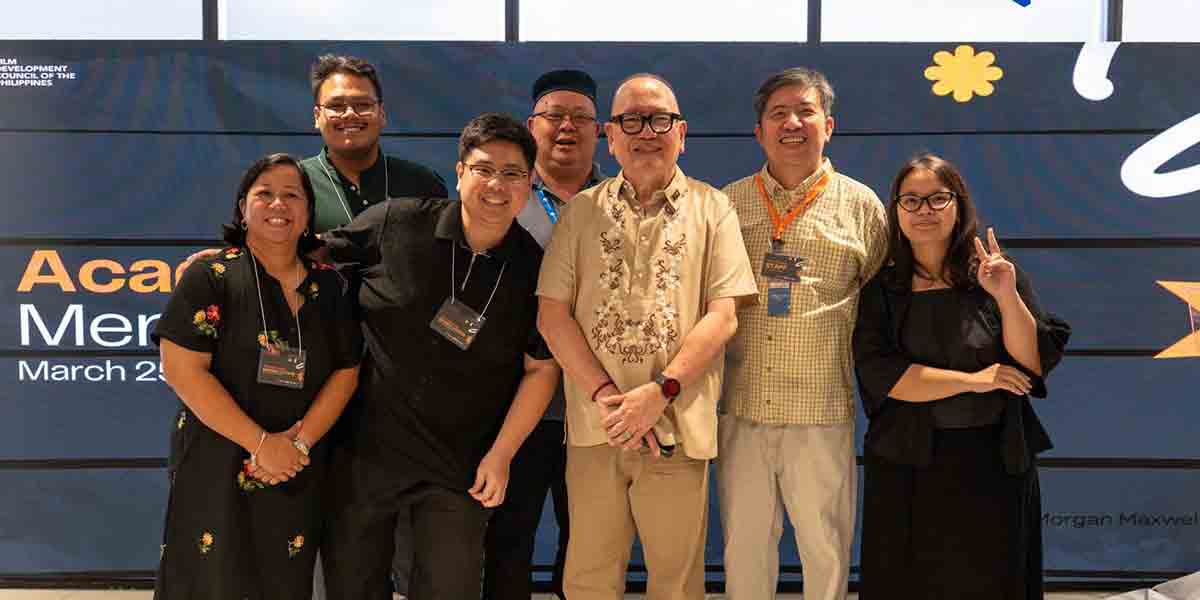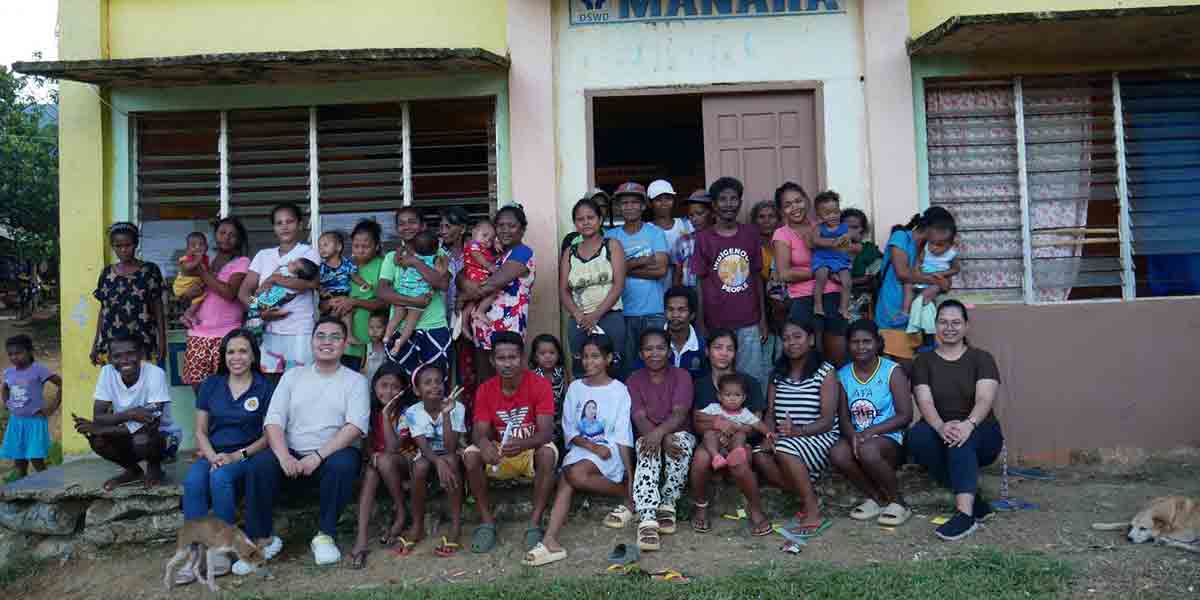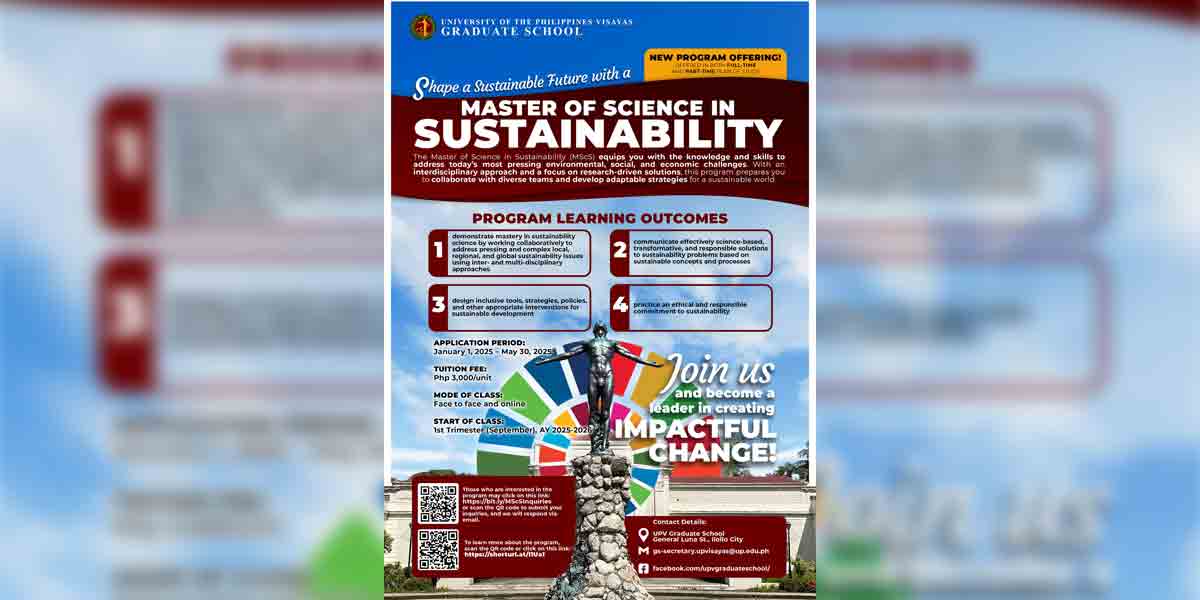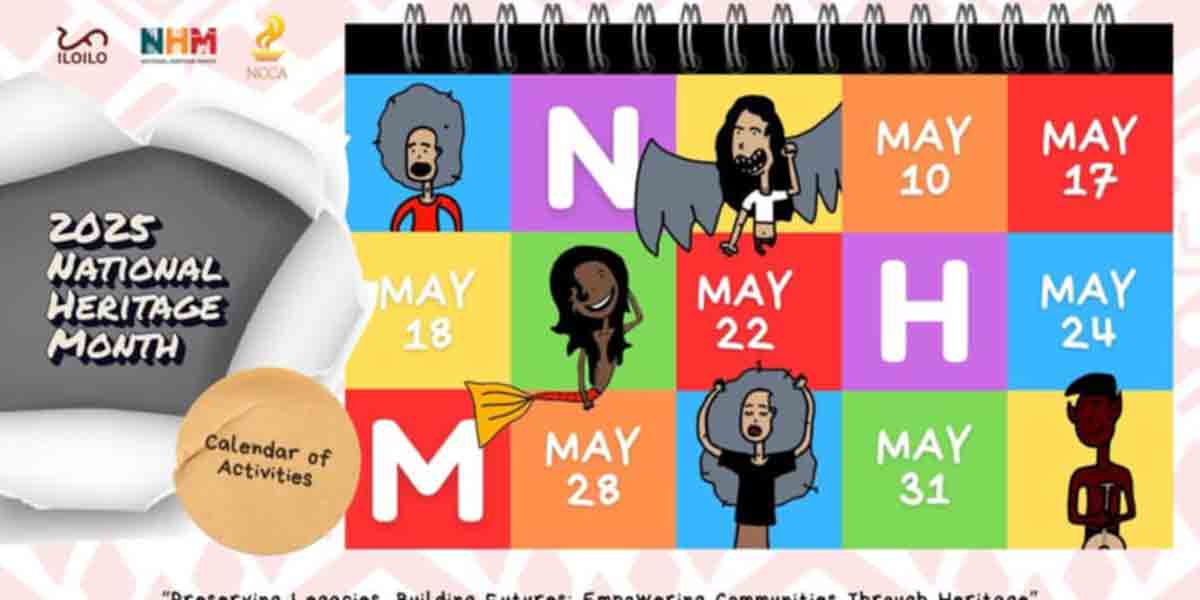The world mourns the passing of Pope Francis, the first Latin American and Jesuit pope, who died Monday at the Vatican’s Casa Santa Marta at the age of 88. More than a religious leader, Francis was a revolutionary shepherd who led the Roman Catholic Church through a profound—and often painful—era of change, marked by his tireless advocacy for the poor, the marginalized, and the planet.
Born Jorge Mario Bergoglio in Buenos Aires to Italian immigrant parents, Francis rose from humble beginnings to become one of the most globally influential religious figures of the 21st century. His story was as improbable as it was extraordinary. A teenage lab assistant who once dreamed of becoming a doctor, he found his calling in the priesthood after a moment of quiet spiritual awakening at a neighborhood church. He would later describe it as a divine act of mercy that pulled him toward his vocation—an internal tug he never resisted again.
Ordained a Jesuit priest in 1969, Bergoglio’s early rise in Argentina’s ecclesiastical ranks was turbulent. During the country’s “Dirty War,” he was accused of failing to shield two priests from the military regime—a controversy that haunted him even as he climbed to become Archbishop of Buenos Aires. His years in ecclesiastical exile taught him humility and forged his deep-rooted aversion to clerical privilege and hypocrisy.
When he was elected pope in 2013, following the historic resignation of Benedict XVI, the cardinals sought a reformer. What they got was a disruptor.
From his first words—”Buona sera”—to his refusal to live in the ornate Apostolic Palace, Francis signaled that his papacy would be one of proximity, not pomp. He drove a modest car, paid his own hotel bill, and chose to reside in the Vatican guesthouse rather than behind centuries-old walls.
He became the voice of the voiceless.
His papacy was a relentless call to conscience. He placed climate justice at the heart of Catholic teaching through his 2015 encyclical Laudato Si’, rebuking consumerism and global indifference to environmental destruction. He defended the dignity of migrants and refugees, visiting war zones and borderlands, and kissed the feet of South Sudanese leaders in a plea for peace.
Francis took on the rigid structures of Vatican bureaucracy, demoting conservatives, opening synods to laypeople and women, and gradually nudging the Church toward greater inclusivity. Under his watch, priests were permitted to bless same-sex couples, and transgender individuals were welcomed as godparents—a tectonic shift for an institution steeped in centuries of tradition.
But change did not come without resistance.
His progressive tone sparked fierce opposition from traditionalists, particularly in the United States, where conservative prelates accused him of diluting doctrine. Francis acknowledged the backlash with his characteristic calm: “It’s an honor if the Americans attack me.” He knew reform would not please everyone.
Even liberal Catholics found themselves frustrated. Though he encouraged debate on thorny issues—women’s ordination, clerical celibacy, and communion for the divorced—he rarely enacted definitive policy changes. Yet for Francis, allowing the Church to listen, wrestle, and discern was already revolutionary. “Opposition opens up paths,” he said.
He reformed Church governance in quiet but enduring ways. He decentralized decision-making, strengthened the synodal process, and reshaped the College of Cardinals, elevating voices from the Global South—regions where Catholicism continues to grow. In his appointments, he favored pastors over power brokers, shepherds over careerists.
Francis also faced one of the most painful crises in modern Church history: clerical sexual abuse.
His early missteps—defending accused bishops and dismissing victims’ testimonies—drew heavy criticism. But he admitted his errors and enacted reforms that held bishops accountable and required global reporting of abuse within Church structures. He apologized—repeatedly and publicly—to survivors, signaling a level of institutional humility that was rare among his predecessors.
Francis was also a diplomat of remarkable reach.
He brokered a thaw in U.S.-Cuba relations, forged ties with Muslim leaders, and visited countries ravaged by war and poverty. He apologized for the Church’s role in colonial-era abuses—from Canada’s residential schools to the Rwandan genocide—and condemned the persecution of religious minorities, including the Rohingya and the Yazidis.
And yet, Francis was not afraid to speak hard truths within his own house. He railed against Vatican clericalism, corruption, and careerism, denouncing the Church hierarchy as a “bureaucratic customs house” more concerned with titles than service.
Inside the Roman Curia, his enemies accused him of authoritarianism masked by charm. Outside, the faithful saw a leader who met them where they were—imperfect, searching, human.
The signature of his papacy was mercy.
He centered it in his teachings, lived it in his gestures, and institutionalized it through reforms. From allowing divorced Catholics to return to communion, to embracing those in non-traditional relationships, Francis turned mercy into mission.
He canonized reformers, promoted global justice, and rejected the sterile legalism that had alienated many from the Church. “Who am I to judge?”—his now-famous remark about gay Catholics—defined a pontificate rooted in encounter, not exclusion.
Francis was not a pope of grand theological treatises or absolute decrees. He was a pastor with the smell of his sheep, as he so often said priests should be. A man who knelt before prisoners, who welcomed criticism, who embraced frailty as part of faith.
In his later years, as illness confined him to a wheelchair, he remained a tireless traveler, especially to Africa’s conflict zones. His final public moments, still blessing the faithful in St. Peter’s Square, were emblematic of a life poured out in service.
His critics may point to the ambiguity of his reforms. His admirers will remember a Church more open, more compassionate, and more self-aware.
But history will likely remember Francis as the pope who tried to make the Church a home for all, not just a haven for the righteous.
He broke walls and built bridges.
He took the Church out of its fortress and into the streets.
He lived as a witness that to lead is to listen, to serve is to love, and to reform is to hope.
In his final act, Francis returned to the Father he so often spoke of—not as a judge, but as a merciful parent.
And the world, made better by his presence, now learns to walk forward in his absence.



